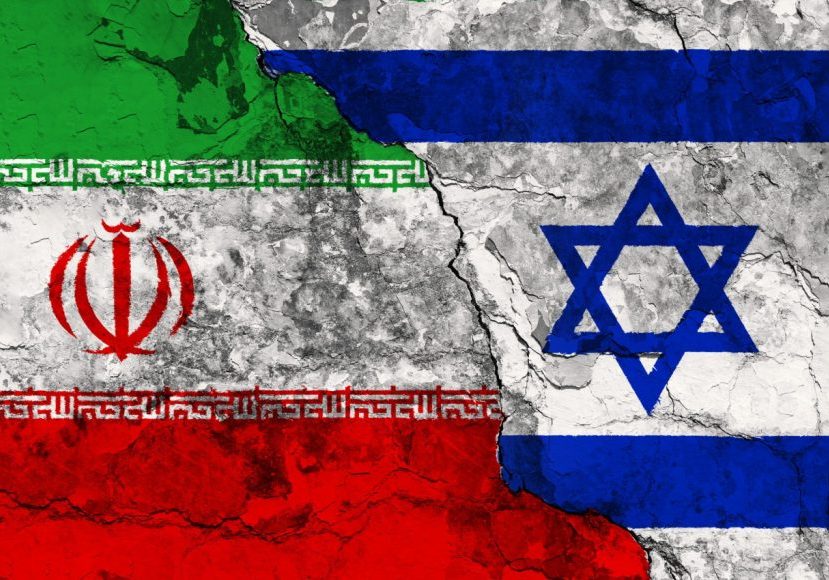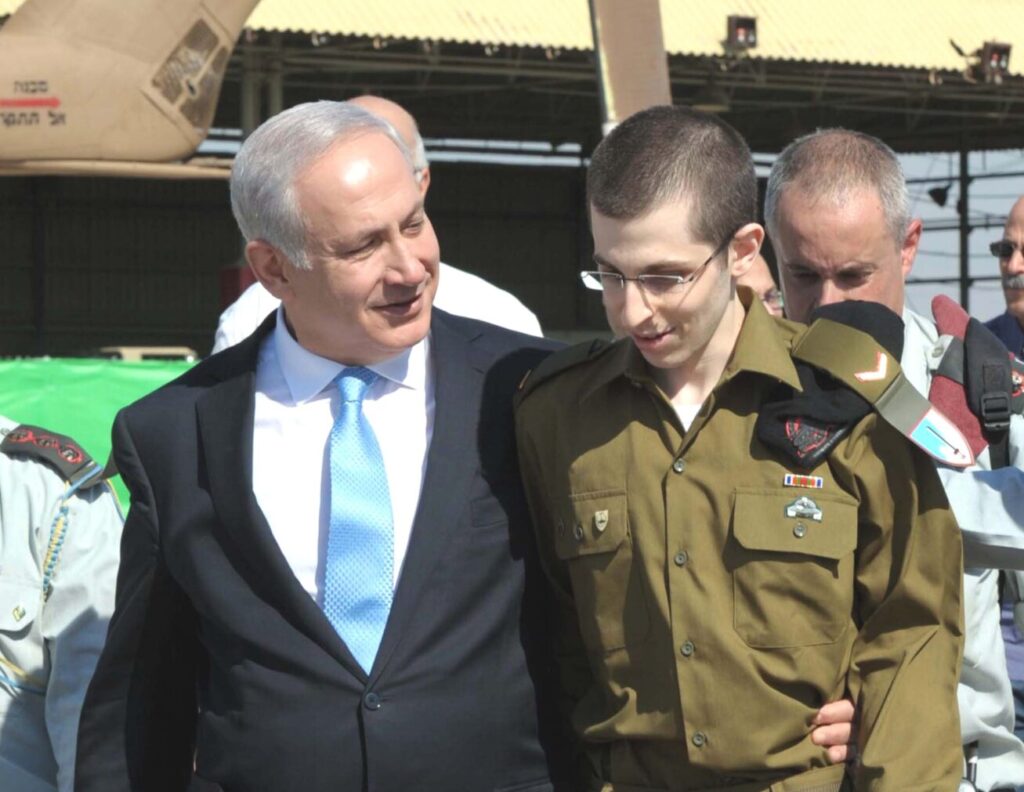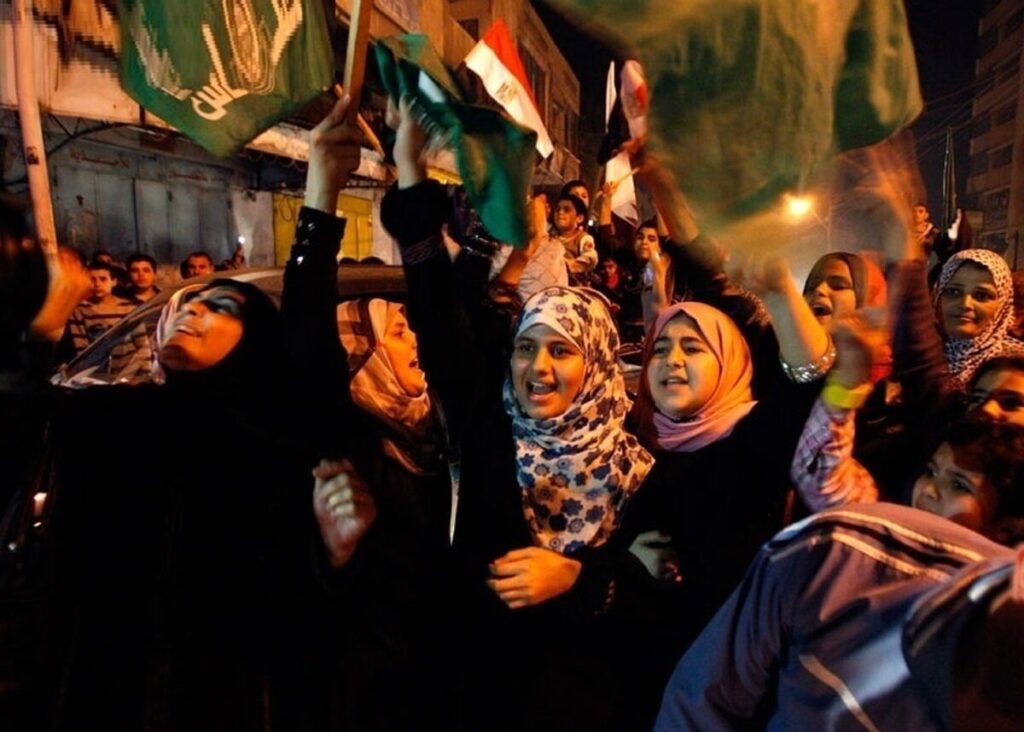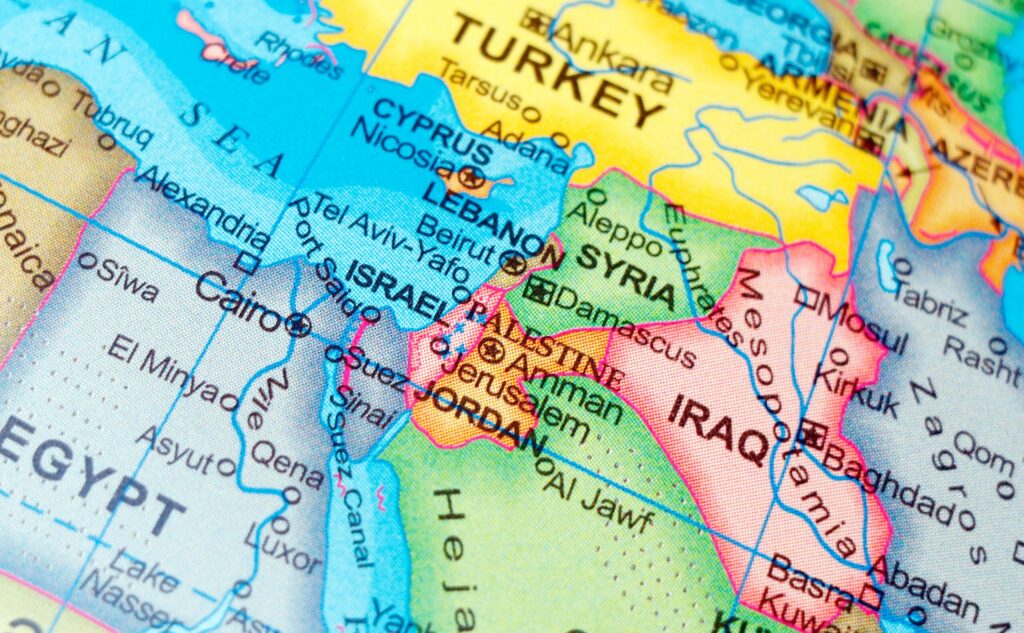IN THE MEDIA
The war that led to terror
Oct 6, 2007 | Bren Carlill
Bren Carlill
Courier-Mail, October 6-7, 2007
In a region blighted by violence, one conflict stands out as the war that changed how the world deals with the Middle East. That was the Yom Kippur War, which started 34 years ago today.
Its outcome convinced Arab states they couldn’t destroy Israel using conventional warfare, a realisation that created unprecedented regional stability. But today, that stability is in danger of crumbling.
Israel’s victory in 1967’s Six-Day War was so resounding that few thought Arab states would attack Israel again. So, in late September 1973, the Israeli top brass dismissed intelligence reports indicating something was afoot in Syria and Egypt. Enemy troop movements were put down to military exercises.
The Jewish calendar’s holiest time was upon Israel, and the Government decided not to issue a general call-up of its reserve forces. This decision would prove fateful.
The Day of Atonement – Yom Kippur in Hebrew – is Judaism’s most sacred day. On Yom Kippur, observant Jews don’t work, eat or drink. In Israel, the entire country shuts down. Television and radio stations are silent and roads deserted.
In 1973, Yom Kippur fell on October 6. At 2pm, Syria and Egypt attacked. Meagre Israeli forces were quickly overwhelmed on both fronts. By way of example, 180 tanks defended Israel’s north against about 1300 from Syria.
The Soviet Union had been the Arab states’ backer for years. In supporting the war, it hoped to land a blow to American prestige and perhaps gain a greater foothold in the Middle East, with its vast stocks of oil.
In 1973, the US wasn’t the supporter of Israel it is today. Israel got through the 1948 War of Independence with Czech weapons, and, flying French-built Mirages, destroyed the Egyptian air force in 1967.
But now Moscow was backing the Arabs, and American support for Israel was a function of the Cold War.
The memory of 1967 led the US to believe Israel would quickly overcome its enemies. Washington wanted a ceasefire after Israel had the momentum, but before a resounding Arab defeat. If the Arabs could be held to a “small” defeat, the Americans thought, both sides could be brought to the negotiating table.
But the Arab defeat didn’t come: The initial surprise attack, combined with good tactics and Soviet intervention, saw Israel lose men and ammunition at an alarming rate. Running dangerously low on military supplies, Jerusalem repeatedly sought American aid. Not realising the precariousness of Israel’s position and thinking it could win without resupply, Washington stalled.
By October 10, Israeli forces had pushed Syrian troops back across the 1967 ceasefire lines.
Then things changed. Moscow began a massive military airlift to its Arab clients on October 11. Jerusalem became desperate, dispatching an ambassador to the White House with a note implying Israel was considering its last resort, taken as code for Israel’s undeclared nuclear weapons.
Realising Israel was on the verge of disaster, Washington stared resupplying it within hours, a move which turned the military tide. By October 23, fearing total defeat, Egypt asked the US to guarantee a ceasefire.
This was the first step in a process that saw America “steal” Egypt from the Soviet sphere of influence, a major Cold War victory, and secure an Egyptian-Israeli treaty.
The Arab-Israel conflict turned a corner in 1973. The war made America realise a visibly strong Israel, massively backed by the US, would prevent more warfare. After five wars between 1948 and 1973, the lack of any state-level Arab-Israel war since proves that theory correct.
But the war had two main negative consequences for Israel: a global shift in attitude against it, and the rise of terrorism as strategy.
It was the use of the oil weapon that created anti-Israel sentiment in the international community. During the war, Arab countries, led by Saudi Arabia, announced a total embargo on the US and Holland and threatened sanctions on anyone supporting Israel.
Within weeks, 20 Black African states previously friendly with Israel broke off all relations. A combination of the Soviet bloc, the Muslim bloc and the African states created an anti-Israel majority in the UN.
The European states, aware of their vulnerability to the oil embargo, became openly hostile to Israel, especially in the UN. France began selling nuclear technology to Iraq, whose development of nuclear weapons was only halted by an Israeli air strike in 1981.
Terrorism began to be used as a strategic weapon. Realising that Israel couldn’t be destroyed militarily, and that Syria would be hurt trying to do so, Damascus turned to acts of terrorism to bleed Israel without being held accountable.
Syria is home to Hamas, the Popular Front for the Liberation of Palestine, Palestinian Islamic Jihad and other terrorist groups. With Iran, it arms, trains and pays for Hezbollah, operating out of Lebanon.
The Arab-Israel conflict hasn’t left the headlines since 1973. But, with some notable exceptions, most of the violence has been low-level terrorism, and counter-terrorism reactions. Compared to the military and economic devastation wrought on Egypt, Israel, Jordan, and Syria by 25 years of war from 1948-73, the last 34 years have been stable.
But this stability is rapidly declining. Last year’s Hezbollah-Israel war is a signpost to the future. War in 1973 was fought by men in uniform on battlefields, between countries with leaderships in capital cities. Future Middle Eastern wars will be against terrorist groups operating out of civilian.
Bren Carlill is an analyst at the Australia/Israel & Jewish Affairs Council
Tags: Iraq











